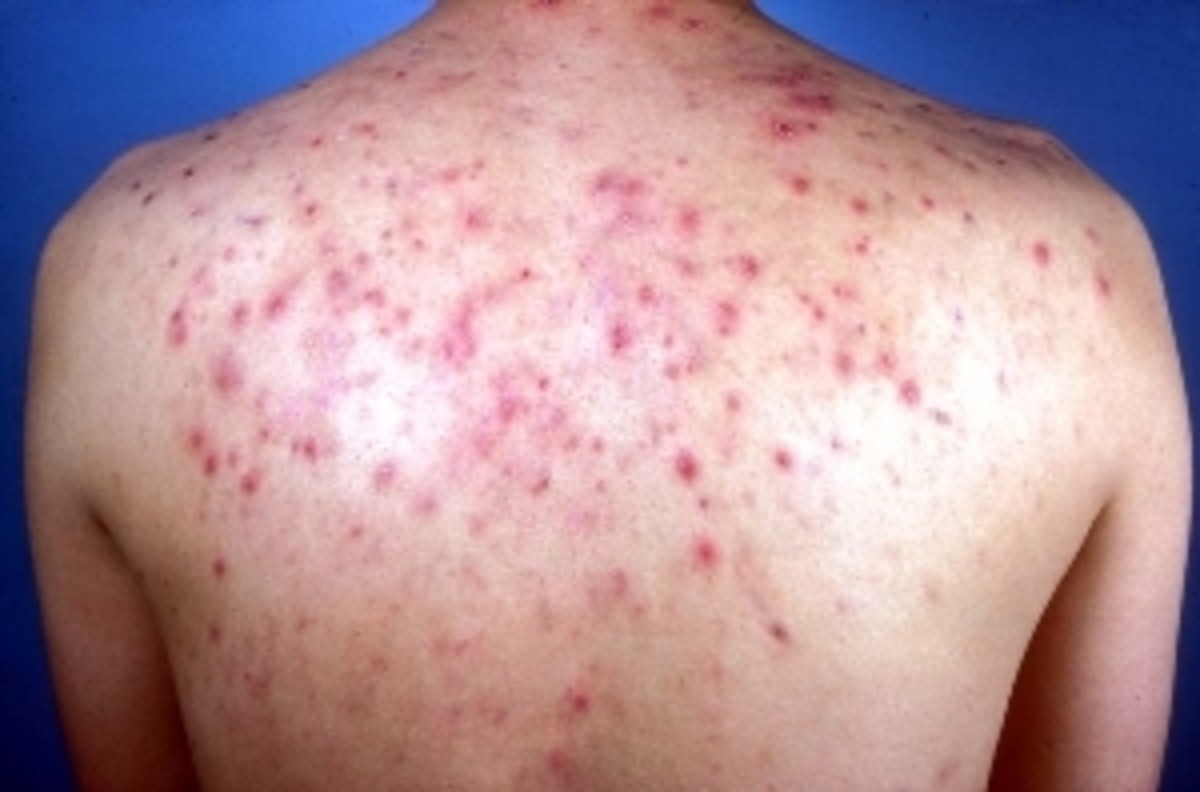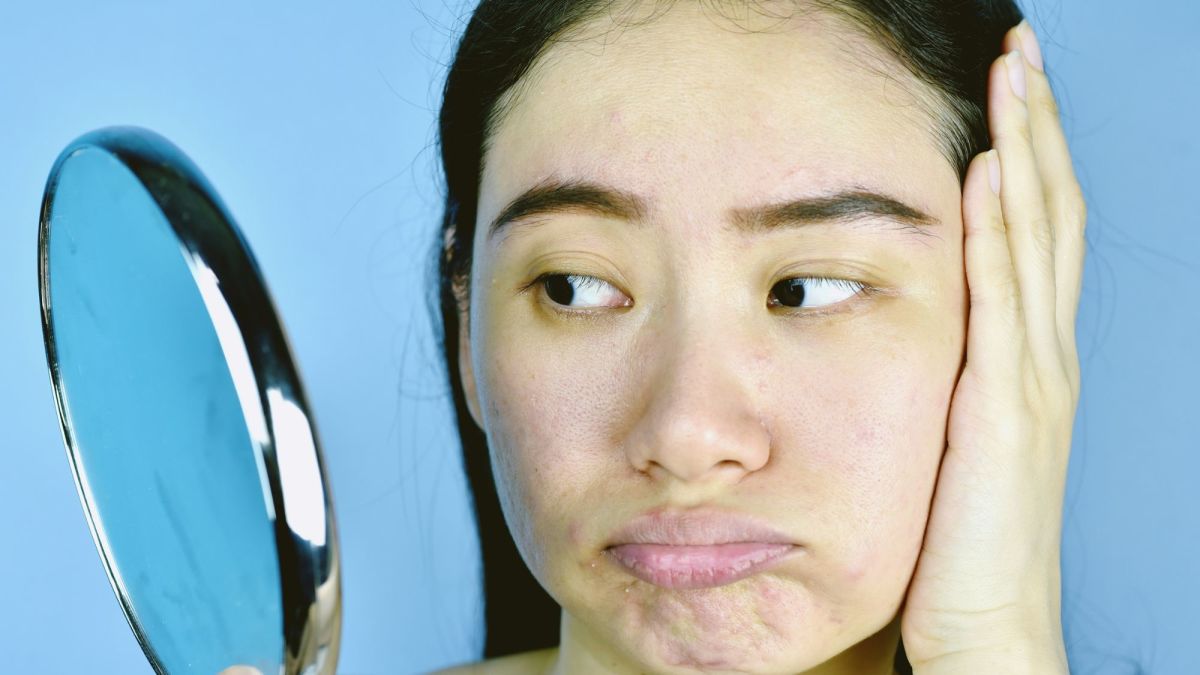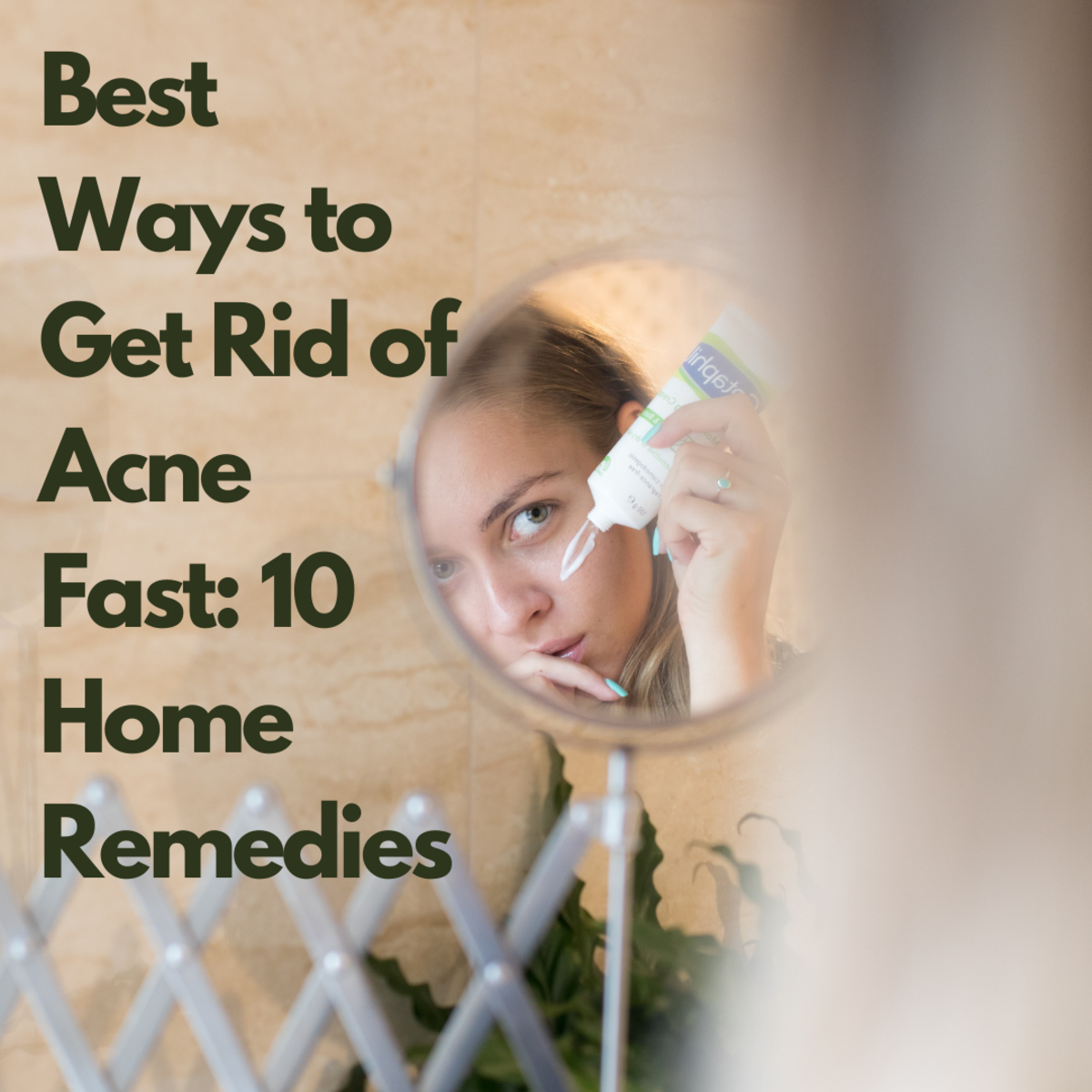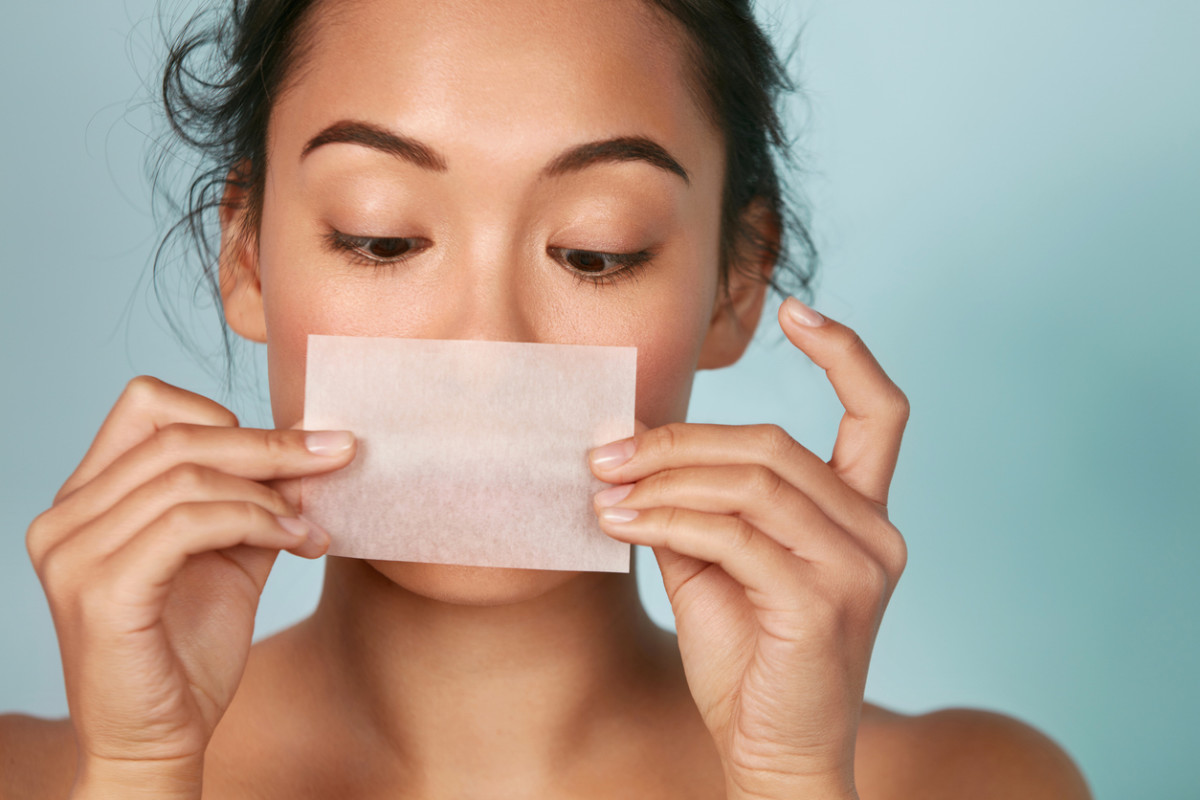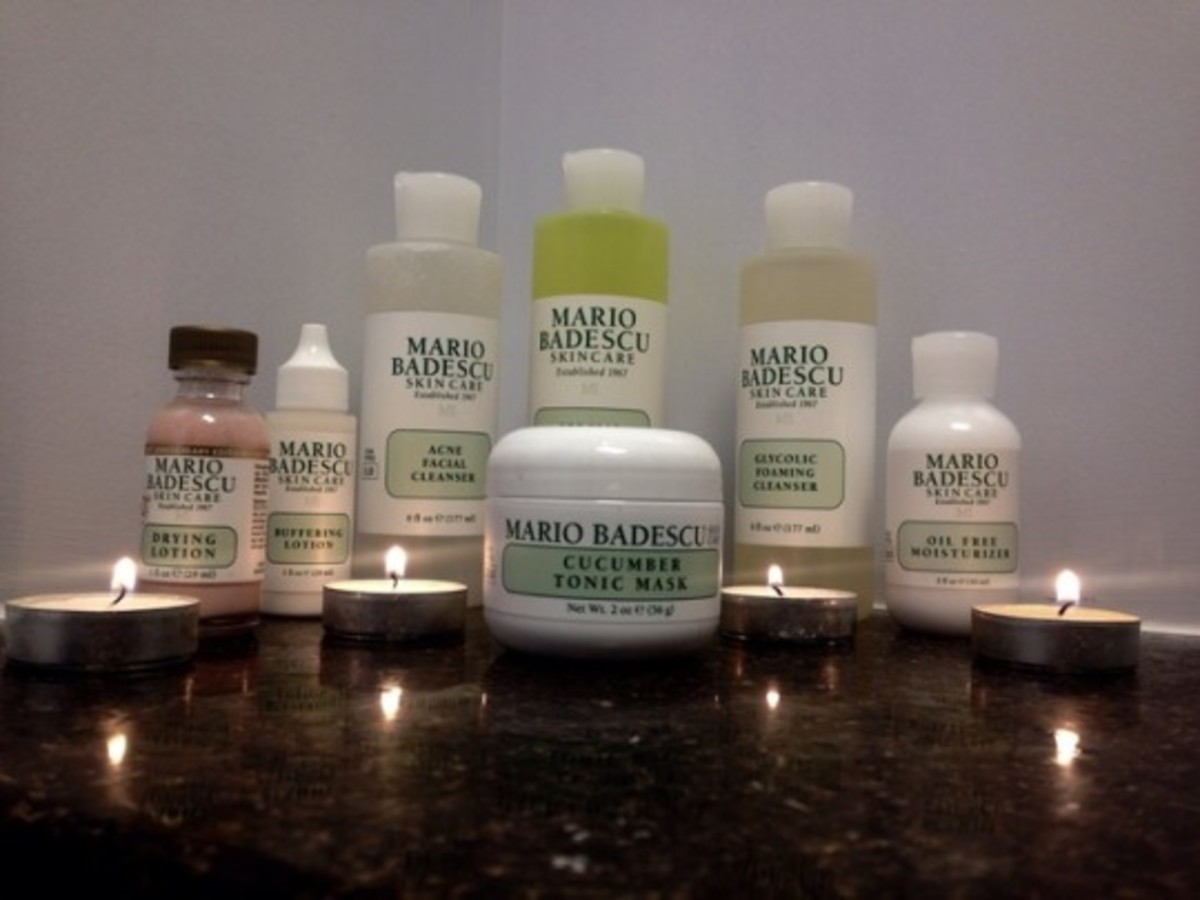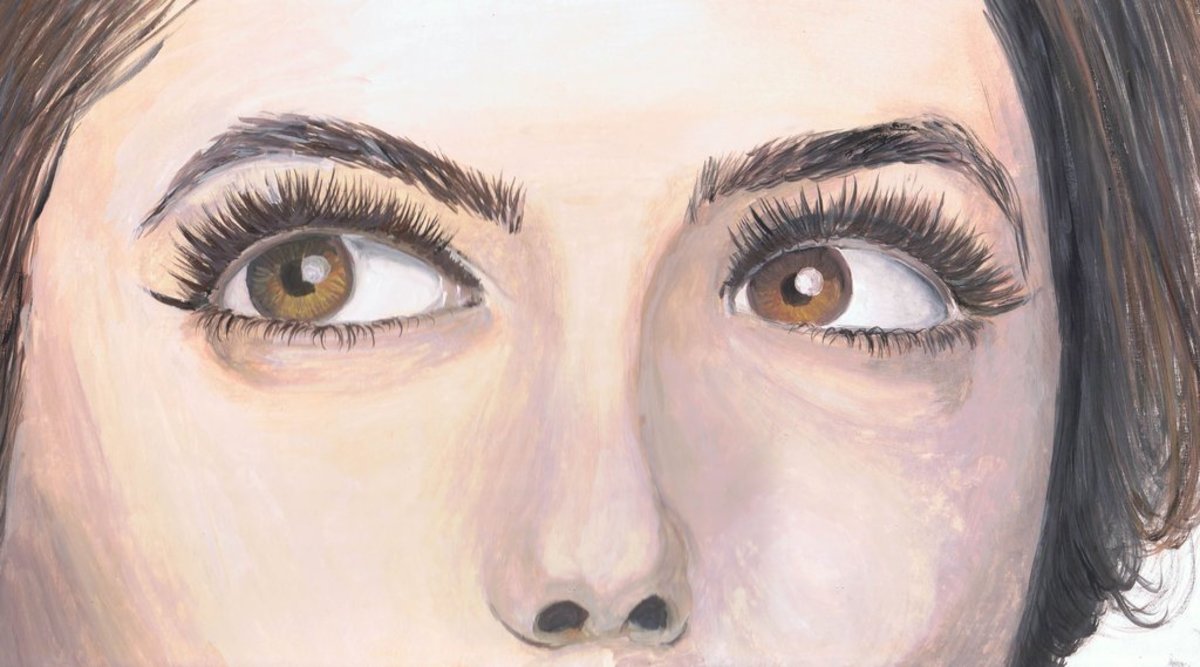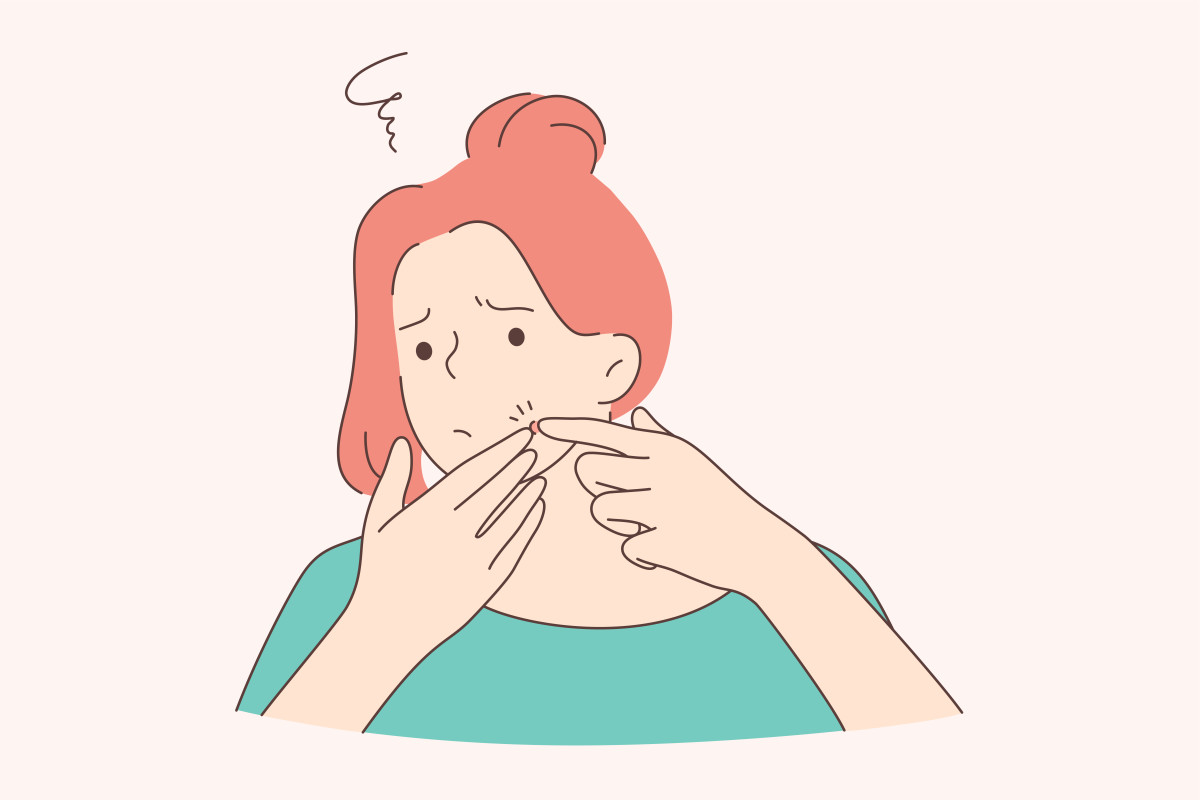- HubPages»
- Fashion and Beauty»
- Skin Care»
- Facial Skin Care
Here Are 16 Skin Care Tips to Solve Your Face Acne Problem
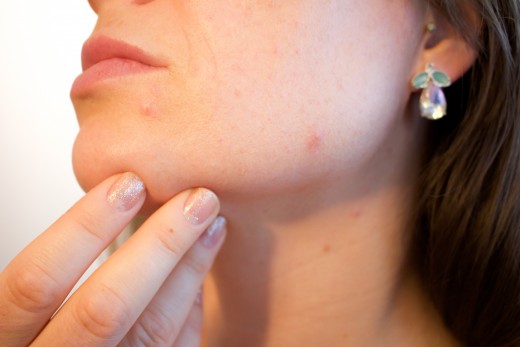
You are about to get out of the bathroom when you noticed a red dot on the side of your nose. It's the first day of the week and this is bad. You move your face closer to the mirror to have a better look and there it is. You wonder why you got sudden small acne on the face.
Acne is a complaint of the teenage years, but some people in their middle age and beyond still experience acne. Women 35 years and some even older are still prone to acne flare-ups. Acne can be a result of pimples, whiteheads, and blackheads. Once the pores of the skin get clogged it gradually become inflamed lesions.
What's causing these skin clogging? Most of the sweets you eat don't cause acne. Even if you have dusty hair or skin doesn't cause it. Neither having too much sex or lack of it will not cause acne. So what causes acne? It's in your genes - Heredity - perhaps is the most common reason.
If your parents had acne, three out of four siblings will get it, too. But if your sister has no acne while your face is like a battleground, you must know that other factors can aggravate an acne attack. Stress, exposure to the sun, seasonal changes and weather can cause acne. Some types of makeup and contraceptive pills can also cause a breakout. Women who work longer hours are especially vulnerable. They experience a significant amount of stress, also they use makeup most of the time.
Take care of your skin and follow these simple tips to prevent the onset of acne on your face.
1. Try to change your makeup.
For many women, makeup is the primary cause of acne outbreaks. Oil-based cosmetics are the primary suspects. The pigment components and water in most cosmetics don't cause the problem. The culprit is just oil. The oil is a by-product of fatty acids that are harsher than your fatty acids. Try to use oil-free makeup if you're sensitive to acne.
2. Examine the product label.
Cosmetics that include lanolin (wool grease), isopropyl myristate (synthetic oil), lauryl sulfate (foaming agent), Laureth-4 (synthetic polymer) and D&C red dyes (colorant) should not be on your makeup drawer. Like oil, these ingredients can cause irritation that can lead to acne.
3. Thoroughly rinse the makeup.
Make sure you completely wash your makeup off every night. You can use a mild soap twice a day but do not forget to thoroughly rinse the soap off your face. Rinsing your face with water up to seven times help freshens your face.
4. A natural look is much better.
Regardless of what makeup you use, not using it often is more advisable.
5. You can accuse your pill.
There are medical studies that show using certain contraceptive pills like Ovral, Loestrin, Norlestrin, and Norinyl can worsen your acne. In case you're using a pill and have an acne issue, talk to your doctor. Your doctor may give you a different pill or prescribe other birth control method.
6. Just don't touch it.
Better not to your squeeze pimples or whiteheads. You can aggravate your inflamed pimple by pressing it. Aside from that squashing, it may also cause infection. There's nothing you can do to make a pimple go away that easily. A pimple can last for at least one to three weeks. Just keep yourself patient and it will naturally go away.
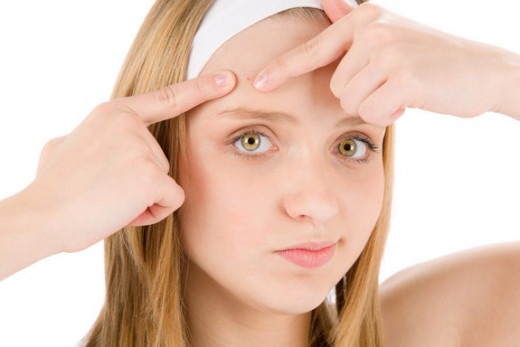
7. Whiteheads are caused by clogged skin pores.
Whiteheads are much smaller compared to a blackhead. If you squeeze a whitehead, you are breaking the wall of the pore causing the contents inside to flow out into the skin producing pimple. A pimple forms naturally after a disruption in the pore's wall.
8. There's a right time to squeeze.
As I said above, pimples are better left alone, but there's a type of pimple you can compress to remove it. If a pimple starts to form a small, yellow solid head, try to gently squeeze it to pop the contents inside. After you released the pus, the pimple will heal naturally and more quickly.
9. Remove the blackheads.
You can easily remove a blackhead by lightly pressing it. A blackhead is a completely clogged skin pore. The contents of a blackhead pore are mostly solid and normally have a wide, softly inflamed surface. Usually, the hard material of a blackhead is not dirt. Believe it or not, even dermatologists don't know what it is. But don't be alarmed, blackhead will not lead to a pimple.
10. You can control acne attacks using OTC products.
Try to find OTC products that contain benzoyl peroxide. What benzoyl do is let the peroxide stays in the pore to release oxygen that kills the acne-causing bacteria. Benzoyl peroxide is like two drugs in one. Benzoyl helps control the effects of fatty acids cells that inflame the skin pores.
There are different over-the-counter acne products available like gels, liquids, or creams. A water-based gel is much better to use. It is the least likely to aggravate your acne problem.
Use the gel for about an hour or so in the evening, then wash it off properly before going to bed. Make sure to clean thoroughly the areas around the eyes and neck.
11. Don't worry about the numbers.
Many acne medications contain concentrated benzoyl peroxide which ranges from 2.5 percent to not more than 10 percent. The amount, however, has nothing to do when it comes to the efficacy of the product. Many of the tests showed that the product with lower-strength was as potent as the higher-strength ones. So next time you purchase an acne medication, 5 percent of benzoyl peroxide in the ingredients works the same as 10 percent.
12. Your dry skin needs proper care.
Benzoyl peroxide can irritate dry skin, so on your first try it is best to use lower-strength products, then gradually increase the concentration. Your skin will experience a reddening after you use it, but the effect is a normal reaction to the medication.

13. Avoid too much sun exposure.
Acne medications and extreme sun exposure don't work well. Try to limit exposure to direct sunlight, infrared lamps, and even avoid using sunscreens until you know how your skin will respond to these factors. You can try a patch test to know if you're sensitive to sunscreen.
14. Thoroughly clean your skin.
Before you apply your chosen OTC acne medication, make sure your face is thoroughly clean for the medication to have good results.
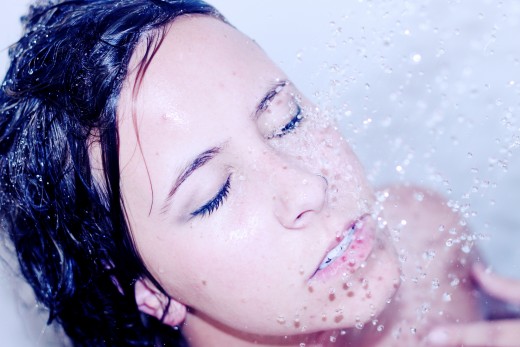
15. Do not try two treatments at once.
Never try to combine other treatments. If your doctor prescribed you a different medication, you should stop using OTC products. Benzoyl peroxide is almost like Retin-A and other medications that contain vitamin A derivatives like Accutane. People with acne problem shouldn't use both treatments simultaneously.
16. Prevent more acne breakout.
Apply acne treatment for about half an inch on all sides of the affected area. This will help prevent acne from spreading. The truth of the matter is, the medication you used doesn't get rid of the acne. It only acts like an acne-preventing remedy. Acne normally appears on the areas of the face, nose, and parts of the ear. So, you need to treat other areas aside from the one already with acne. OTC acne products say on their label to apply only to the affected area. But what most people understand is, the area with the red dot is the only affected area. That's a wrong understanding of the issue.
Dr. Sandra Lee talks about acne prevention.
Sources
© 2017 Ferdinand Receno

